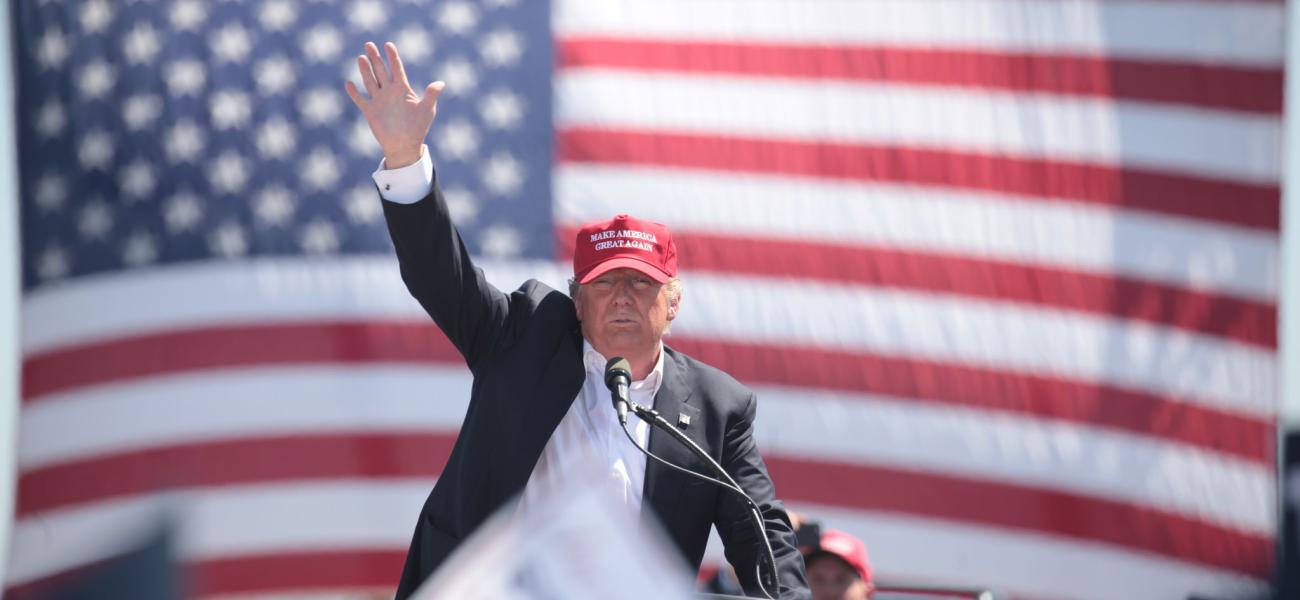
Trump Doesn’t Know What He Doesn’t Know About Foreign Policy
This is a summary of an article originally published by Foreign Policy with the subheading: "The president-elect sometimes says the right things, but always does the wrong ones."
While U.S. President Donald Trump’s supporters believe he will provide the U.S. with something resembling realist foreign policy, the author remains unconvinced, as foreign policy is only one factor for measuring a president. Trump’s early foreign policy actions do not inspire confidence. His phone conversation with Taiwanese President Tsai Ing-wen picked at the U.S. relationship with China, the only country that could replace the U.S. as the top global power. However, questioning Russia’s demonization in the West, as Trump does, is correct. Russia’s actions in Syria and Ukraine are “typical great-power behavior,” not unlike U.S. actions in Iraq. Repairing relations with Moscow could also keep the Russia-China relationship from growing stronger. However, these things do not necessitate that Trump ignore the unpleasant aspects of modern Russia nor "turn a blind eye toward possible Russian interference in U.S. domestic politics.” If he does, it will put Trump in the position of being thought of as a pawn by Putin, and it encourages Moscow to increase support for Europe’s authoritarian movements. In addition, “Trump’s approach to the Middle East has been the antithesis of realism.” He exaggerates the threat posed by the Islamic State, has embraced Israel’s settler movement and his denunciation of the Iran nuclear deal leaves open the possibility that he will abandon the deal once president. More needs to be done than simply calling past U.S. foreign policy a disaster, and questioning old foreign policy doctrines needs to come with an offer of something better. The author writes that a president “needs a clear sense of what U.S. interests are, a decent understanding of how international politics works, a sound knowledge of the basic mechanics of international trade, a certain empathy for how others view the world even if one doesn’t share their views and enough consistency to elicit reliable cooperation from others over time.” A president also needs “the discipline and management skills to assemble the right team, set clear priorities and not be thrown off course by unexpected events.”
Read the full article at Foreign Policy.
Stephen Walt
Stephen Walt is a professor of international affairs at Harvard's Kennedy School of Government.
Photo credit: Flickr photo by Gage Skidmore shared under a CC BY-SA 2.0 license.

